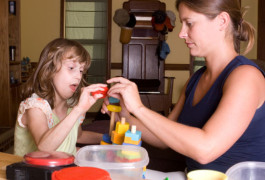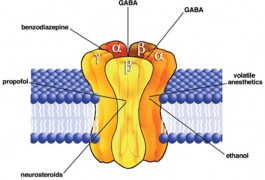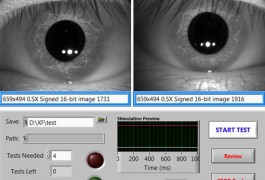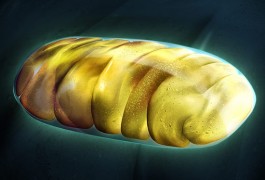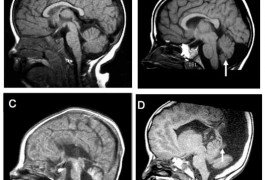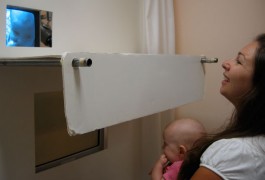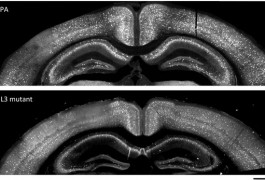Variants in trust hormone receptor up the risk for autism
Genetic variations that tweak the brain’s release of oxytocin — a hormone involved in social bonding and establishing trust — may increase the risk of developing autism or traits of the disorder, according to three new studies published in the past few months.


